Securing Electronic Control Units (ECUs) in Autonomous Vehicles
Industry: Automotive
Electronic Control Units (ECUs) are critical components of autonomous vehicles (AVs) that control crucial systems, like braking, acceleration, and steering. These embedded systems communicate via Controller Area Network (CAN) bus or Ethernet and operate independently of an OS. Internal Combustion Engine (ICE) vehicles typically average about 70 ECUs, whereas AVs rely on hundreds of ECUs to process data from various sensors necessary to navigate and react to current road conditions.
Challenge
ECUs are most commonly programmed in languages like C and C++, leaving these systems susceptible to memory safety vulnerabilities. One of the most prevalent memory safety issues in ECUs is buffer overflow vulnerabilities. These occur when data is written beyond the bounds of allocated memory, which can lead to unauthorized access and control. An attacker that exploits a memory-safety vulnerability in the ECU firmware could take runtime control and cause erratic vehicle behavior.
“From our perspective, adding RunSafe means we have more opportunity to shrink the attack surface and reduce overall risks for our customers since security is now already built into our product.”
Key Features:
Automated Mitigation and Code Protection
Minimized Attack Surfaces
Seamless
Integration
Futureproof from Zero Days

Solution
RunSafe offers a memory-based cybersecurity solution designed to keep ECUs in autonomous vehicle systems secure against known and unknown threats.
Key features of RunSafe’s solution include:
- Automated mitigation and code protection: RunSafe’s solution continuously monitors automotive embedded software systems for potential risks, identifying and mitigating risks before they can impact vehicle safety and operation.
- Minimized attack surfaces: By using unique technology to cyberharden vehicle components, RunSafe reduces opportunities for attackers to exploit memory safety vulnerabilities and take control of critical systems.
- Seamless integration: RunSafe’s cybersecurity measures are easily integrated and align with existing automotive safety standards (such as ISO/SAE 21434 and ISO 26262), improving compliance and enhancing the overall safety of vehicle systems.
- Futureproof from zero day threats: By protecting against known and unknown vulnerabilities and denying the building blocks of zero days, RunSafe prevents future attacks by eliminating the entire class of memory safety vulnerabilities.

Examples
Enhancing autonomous vehicle safety: RunSafe offers collaboration with automotive companies to ensure the safety of autonomous vehicles. By implementing cybersecurity measures that comply with ISO 26262 standards, RunSafe can help protect autonomous systems from cyber threats, ensuring their safe operation.
Securing telematics and communication systems: RunSafe stands ready to partner with automotive manufacturers to secure telematics and communication networks within connected vehicles. By implementing RunSafe’s advanced cybersecurity solutions, automotive manufacturers can protect against potential cyber threats, ensuring the safe and efficient operation of their fleets.
Example Vulnerability: CVE-2022-42431: CVE-2022-42431 is a critical vulnerability discovered in Tesla Model 3 vehicles. The vulnerability is classified as a classic buffer overflow, specifically affecting the bcmdhd driver. The vulnerability allows local attackers to escalate privileges on affected Tesla vehicles and potentially execute arbitrary code on the target system.
Latest Resources
Navigating Third-Party Software Risk: Best Practices for 2026
Most of the code running in your product probably isn't code you wrote. Open source libraries, vendor SDKs, and firmware components all become part of your attack surface the moment they're compiled into your build. Third-party software risk is the potential for...
The Worst Vulnerabilities of 2025: How Pre-Auth RCE Broke the Perimeter
Across industries, the year’s most damaging vulnerabilities shared the same defining trait: unauthenticated remote code execution (pre-auth RCE) on internet-facing systems. VPNs, firewalls, web frameworks, and even core ERP platforms all fell victim to flaws that...
3 SBOM Generation Methods: Binary vs Build-Time vs Source Code
Your SBOM is only as useful as it is accurate, and the method you use for Software Bill of Materials (SBOM) generation determines the level of accuracy you will receive. SBOM generation method determines whether an SBOM captures what developers declared, what scanners...



